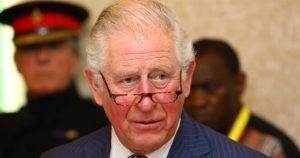In February 2024, Buckingham Palace confirmed that King Charles III had been diagnosed with cancer—discovered while treating a benign enlarged prostate. The type and stage haven’t been shared, in line with the royal family’s tradition of medical privacy.

Despite the diagnosis, Charles began outpatient treatment and returned to public duties by April, including Easter services and meetings with Prime Minister Rishi Sunak. By May, he was back at events like the Buckingham Palace garden party.
The King’s decision to go public about his health was a rare and widely praised move, helping raise awareness about prostate health. The NHS even saw a spike in prostate-related checkups following the announcement.

While rumors have circulated, no official source has described his cancer as “incurable.” Medical experts stress that without full details, speculation is not only unhelpful—it’s irresponsible.
Support has poured in from across the UK and Commonwealth. Cancer charities like Macmillan have applauded the King’s openness, saying it helps fight stigma and encourages early diagnosis.
As of mid-2025, Charles continues to balance treatment with royal duties. There’s no sign he plans to step aside, and his calendar includes major events like Trooping the Colour and state visits.
His health journey, handled with honesty and grace, has sparked broader conversations about transparency, resilience, and the evolving role of the monarchy.

